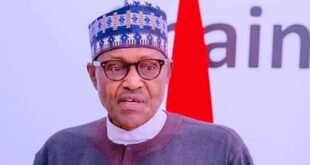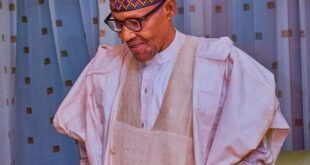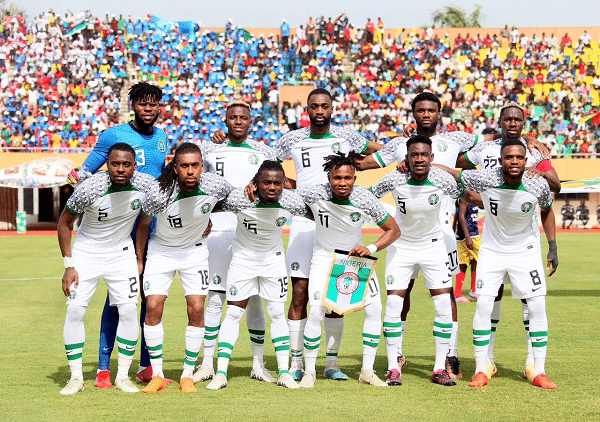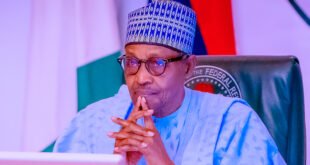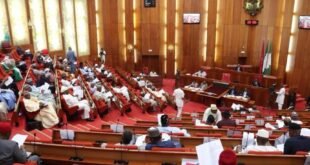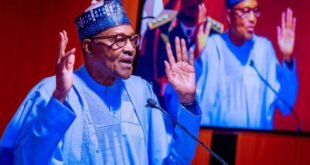The Nigeria external debt service has increased significantly in 2024, with the country that spends a total of $ 2.32 billion to fulfill its obligations towards the World Bank and the International Monetary Fund (IMF), according to a report by the office for debt management (DMO).
This represents a strong increase compared to the $ 998.92 million Nigeria paid in 2023. Most of the debt maintenance of this year went to the IMF, which received a total of $ 1.63 billion, including exclusively main reimbursements without expenses of interest.
The World Bank, on the other hand, received $ 689.44 million, divided into $ 663.23 million at the International Development Association (IDA) and $ 26.21 million to the International Bank for
Reconstruction and development (Ibrd).
Payments combined with both institutions have marked an impressive 134% increase on an annual basis, led mainly by reimbursements to the IMF.
This increase in debt maintenance has contributed to a broader increase in the total maintenance of the external debt of Nigeria, which reached $ 4.66 billion in 2024, compared to $ 3.5 billion in 2023.
The increase in the maintenance of multilateral debt comes when Nigeria’s tax situation remains at the estate. With a limited revenue generation capacity and a floating naira, the country is becoming increasingly dependent on facilitated loans from institutions such as the World Bank to finance critical development projects.
In particular, Nigeria debt to the World Bank has increased by $ 2.36 billion in 2024, while its obligations towards the IMF have decreased by $ 1.67 billion.
The DMO data also reveal that the total external debt shares of Nigeria has grown to $ 45.78 billion by the end of 2024, with an increase of $ 3.28 billion from 2023.
The World Bank now represents 38.9% of the total external debt shares of Nigeria, compared to 36.4% in 2023. On the contrary, Nigeria debt to the IMF descended to $ 800.23 million, reflecting a 67.6% reduction compared to the previous year.
The report highlights the growing dependence on Nigeria on multilateral financiers for funding, with the share of the World Bank of the total external debt of the country that exceeds that of the IMF.
While the country continues to serve its growing debt, there are concerns about long -term sustainability of these financing strategies, in particular among the current tax challenges.
In response to these developments, Finance Minister Wale Edun recently underlined the passage of the government to equity and public-private partnerships, with the aim of reducing debit debit and stimulating economic growth through the involvement of the private sector.
Do you want to share a story with us? Do you want to advertise with us? Do you need advertising for a product, service or event? Contact us on WhatsApp +2348183319097 email: platformtimes@gmail.com
We commit ourselves to an investigative journalism of great impact for human interest and social justice. Your donation will help us tell other stories. Please give any amount HERE
 JamzNG Latest News, Gist, Entertainment in Nigeria
JamzNG Latest News, Gist, Entertainment in Nigeria
